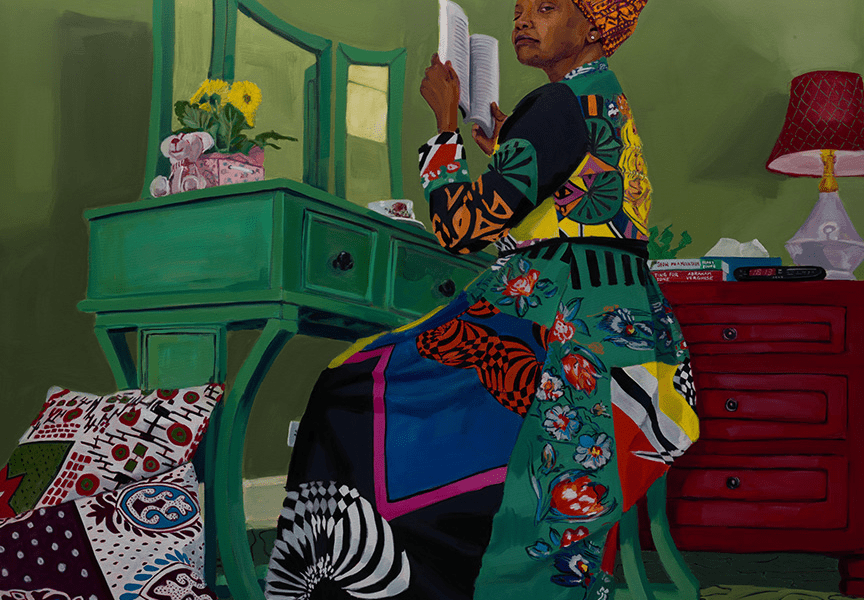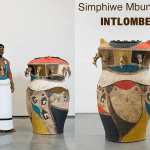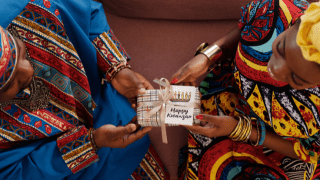The Dallas Museum of Art is showcasing an exhibition titled When You See Me: Visibility in Contemporary Art/History, which explores the intricate dynamics of visibility. This exhibition aims to expand and challenge official histories and their visual narratives, offering deeper representations of those who have been historically marginalized or erased.
With nearly 60 works by a diverse group of 50 artists spanning multiple generations, When You See Me addresses visibility from both social and artistic perspectives. The artworks engage with themes such as invisibility, hypervisibility, the longing to be seen, and the right to privacy.
“Whether or not they are seen, the stories of underrepresented people have a pivotal impact on history, culture and our society,” said the museum’s Eugene McDermott Director Dr. Agustín Arteaga. “We will never be able to tell every story, but it is our responsibility, as a leading cultural institution, to introduce our audiences to as many perspectives as possible as our world changes and grows.”
The exhibition’s co-curators noted, ““In recent years, representation has increasingly become a focus in our cultural landscape. This phenomenon, spurred by an array of social and political transformations, has prompted artists working in various disciplines to contemplate its demands—and its limits. We hope that viewers will meditate on how such concerns have been inherited and engaged by several generations of artists, as well as how these concerns shape their own lives.”
The exhibition’s collaborative spirit is highlighted by its co-curation by the entire Contemporary Art Department at the Museum, including Dr. Anna Katherine Brodbeck, Dr. Vivian Li, Ade Omotosho, and Veronica Myers.
When You See Me: Visibility in Contemporary Art/History will be on display through April 13, 2025. For more information, visit the Dallas Museum of Art’s website.
Image: Wangari Mathenge, The Ascendants XVIII (She Is Here And So Are You), 2021
As an independent magazine with a small team, we rely on the support of our readers to keep JARO’s content free and accessible to everyone. Please support our ability to continue delivering the best of the African Diaspora with a donation as little as $1. Thank you!







